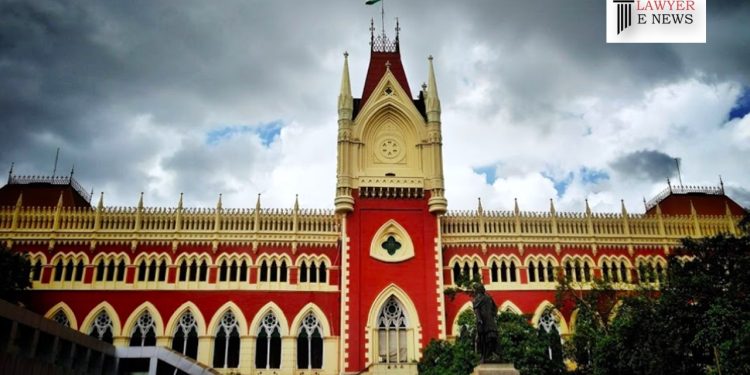Magistrates Retain Powers to Order Further Investigation Post Charge Sheet Filing: Cal.HC

In a landmark ruling, the High Court has upheld the powers of Magistrates to order further investigation even after the filing of a charge sheet. The judgment, delivered by Hon’ble [Judge’s Name], resolves the long-debated issue surrounding the scope of a Magistrate’s supervisory jurisdiction in criminal cases and distinguishes between the stages of inquiry and trial.
The verdict was rendered in response to a Criminal Revision Application filed before the High Court, where the petitioner sought further investigation after the charge sheet was already filed. The Court extensively analyzed the constitutional mandate under Article 21 of the Indian Constitution, emphasizing the need for fair and just investigations to ensure a smooth administration of justice.
Citing previous significant decisions by the Supreme Court, including Romila Thapar v. Union of India, the High Court stressed the importance of unbiased and meticulous investigations in criminal cases. It also referred to Vinubhai Haribhai Malaviya v. The State of Gujarat, clarifying that the actual trial commences only after charges are framed, not upon taking cognizance.
The Court further clarified that the power to investigate is exclusively vested with police officers, and the High Court cannot appoint its own investigating agency unless there is a clear case of abuse of power or non-compliance with the legal provisions, as decided in Devendra Nath Singh v. State of Bihar & Ors.
The High Court held that the Magistrate’s supervisory jurisdiction does not cease after charges are framed, and they retain the authority to order further investigation if it serves the interests of justice. Rejecting the petitioner’s second plea for further investigation, the Court affirmed that all relevant materials were already on record, and the charge sheet and subsequent cognizance were in accordance with the law.
The Court cautioned against any unnecessary indulgence in such matters, as it would amount to an abuse of the legal process, thereby undermining the principles of justice.
This significant judgment not only resolves the ambiguity surrounding the Magistrate’s powers but also reaffirms the importance of conducting a fair and impartial investigation for the proper administration of justice.
“The power to investigate must be exercised strictly in accordance with the provisions of the Code,” the Court stated, underlining that Magistrates possess the discretion to order further investigation if it serves the purpose of justice.
The ruling has been hailed as a major step towards ensuring a fair and transparent criminal justice system, adhering to the principle of “Nemo debet esse judex in propria causa” – no one should be a judge in their own cause.
The High Court’s decision sets a strong precedent for future cases and emphasizes the crucial role of Magistrates in overseeing the investigation process to ensure justice for all parties involved.
Date of Decision: 26.07.2023
Somnath Gupta vs State of West Bengal & Ors.






